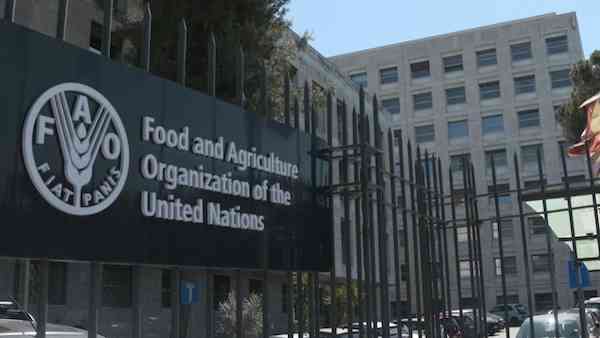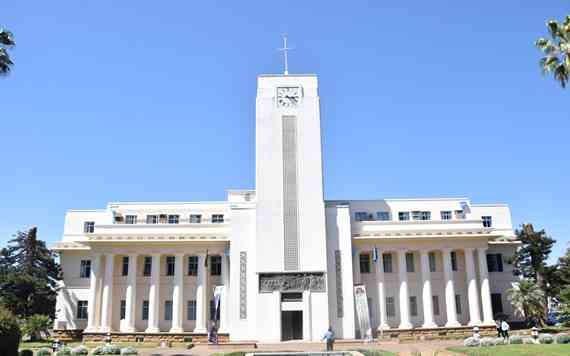
AT least 30% of the population in Masvingo is food insecure as the El Niño-induced drought takes its toll on the country’s citizens.
Government has declared the drought a state of national disaster and appealed for US$3 billion in humanitarian assistance.
On Tuesday, the government, Food Agriculture Organisation (FAO) and the French embassy in Zimbabwe pledged to assist communities impacted by the drought.
This initiative seeks to enhance child nutrition, promote household nutrition and improve food security and resilience.
Speaking during the Nourish and Thrive project launch in Harare, FAO subregional co-ordinator Patrice Talla said Masvingo was one of the most food-insecure provinces in the country.
“The recent drought has had profound effects on the agricultural landscape, resulting in a staggering decline in cereal production, estimated at less than 30% of the national requirement,” Talla said.
“This dire situation has not only exacerbated food insecurity, but has also threatened the livelihoods of countless smallholder farmers and their families.
“It is especially troubling that in some of the most affected districts such as Mwenezi and Masvingo, we see alarming rates of food insecurity with estimates indicating that 30% of the population in Masvingo alone is struggling to meet its basic nutritional needs."
- Masvingo worst affected by El Niño
Keep Reading
He said women and children were disproportionately affected by the drought.
“The data is alarming. More than 1,2 million children between the ages of six and 23 months are at risk of stunted growth and malnutrition caused by inadequate dietary habits,” he said.
“Women, as the main caregivers, encounter extra challenges in maintaining the health and well-being of their families amid these increasingly difficult conditions.
“In such a time of climate-related crisis, it is our collective responsibility to rise to the occasion and support those who are most vulnerable, especially women and children who bear the brunt of these challenges."
Acting director social services in the Public Service ministry, Joseph Tirivavi, said the government had rolled out a food aid programme.
“The State of Zimbabwe has a constitutional responsibility to ensure that every citizen of this country has access to enough safe and nutritious food,” he said.
Deputy head of mission for the French embassy, Benjamin Durenberger, said the main objective was to enhance child nutrition, household food security and resilience.
“We are focusing on pregnant and breastfeeding women and children below two years old, so what we call the 1 000-day period,” he said.
“It’s very important to us as we are targeting populations in situations of severe food and nutritional insecurity and aiming to restore food autonomy to vulnerable populations and enhance resilience.”









